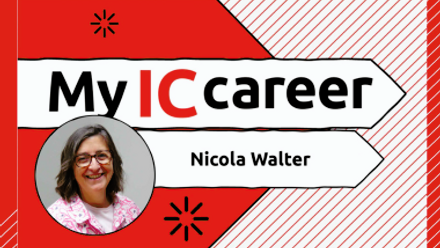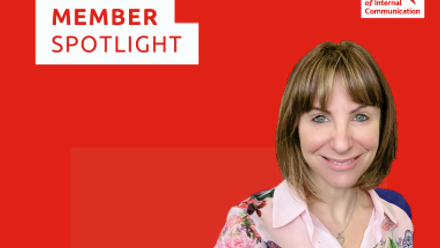What sometimes happen when there's a focus on creating the message is that a key ingredient to success gets lost or becomes a writer's blind spot.
Over time, I've witnessed journalists and communication professionals who seemingly present content with the perspective of, "I've written this, now read it."
What's missing
– and a question the reader may ask is – "Why should I?"
Take a step back. You've written the content or created an event, so how do you optimise and sell it?
As someone who's primary passion is writing and who rarely thought he'd be in sales (three jobs later...), I have no interest in giving up writing to focus on selling. I discovered ways to marry sales and writing.
I'm glad I picked up selling and marketing skills in my earlier roles. The experience has been invaluable and it's the marketing mentality that's been a lifesaver for many years.
In reality, as individuals, we're often selling – our expertise, our resumes, and our success.
The key is to adopt a marketing mindset when writing and use it to sell your story, your expertise, your event or your promotional materials.
You need to think like a marketer to encourage your ultimate readers to engage with your content.
Without marketing, your time and efforts go unread and, over time, you can become less relevant. When readers see content that doesn't pique their interest, they may stop looking for your work in their social media feeds or online/print media outlets.
Here are ways to think like a marketer and maintain your writing expertise. Since every writer has their specialties and non-writing strengths, consider these as guidelines.
When pitching a story, an event, an idea, a policy or a consumer-behavior change, it's helpful to ask these questions in the writing process. If you're asking when you've finalised the content, you're too late.
Consider your audience:
- Who's your audience?
- What are their interests?
- What appeals to them?
- Why do they need to read your content?
- What's the benefit of them reading your content?
- Is your content filling an unmet need or solving a problem?
Event/promotional material planning:
- What's unique about your event/speaker?
- What can you say/write about your event/speaker that will capture your audience's attention?
- How is your event different from others?
- Why will your target care about the event?
- How much event lead time does your target require?
- How often do they need reminders to optimise participation?
The upside to asking these questions in the writing/event-planning process is you're more likely to get readers to participate/engage. Since you've addressed the questions that relate to your audience's needs, you'll come across as more inclusive, more engaging and more interested in relationship building. And sales and reader loyalty are ultimately built on relationships.






